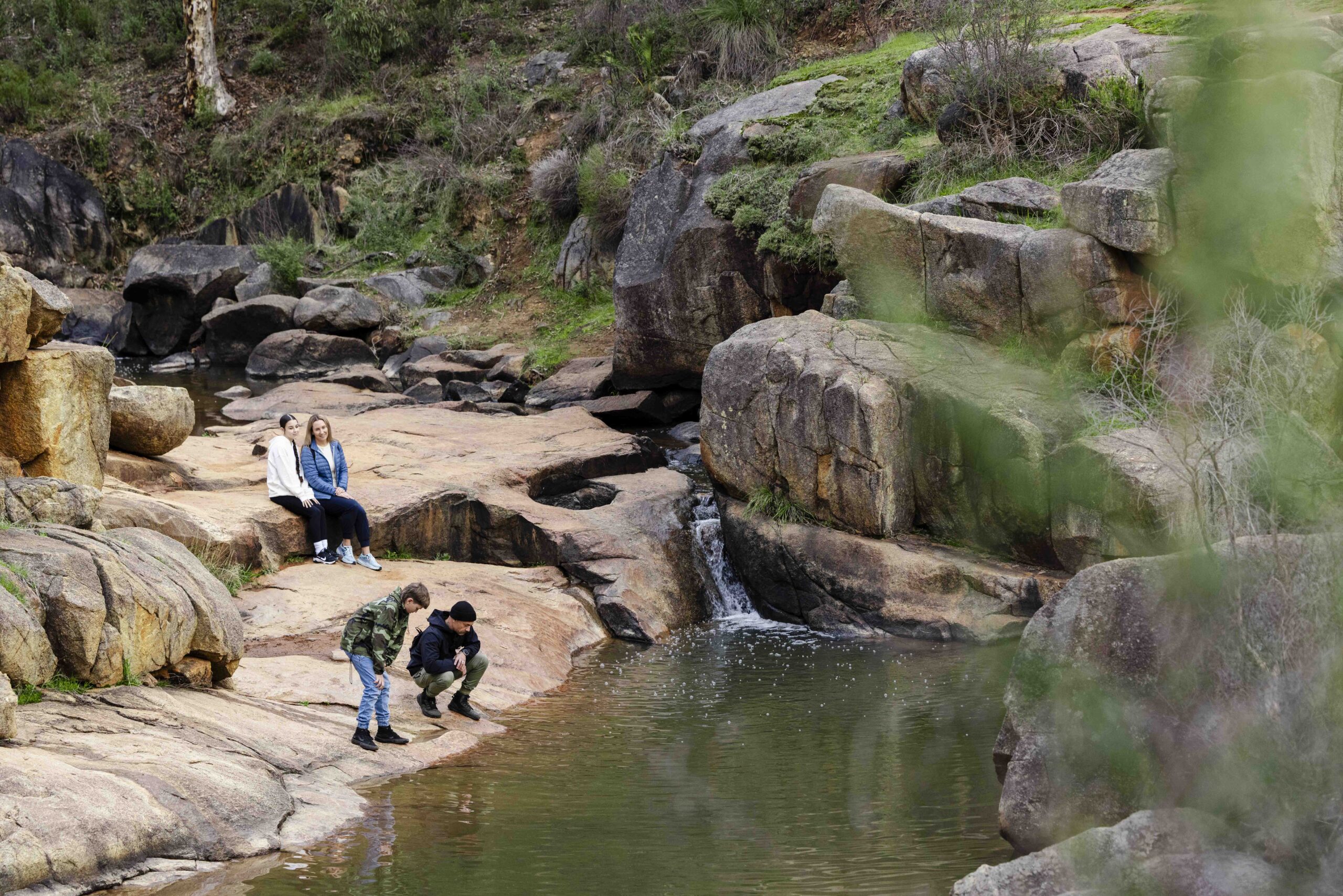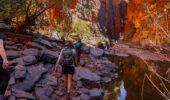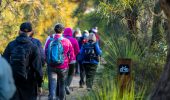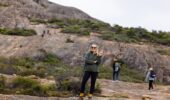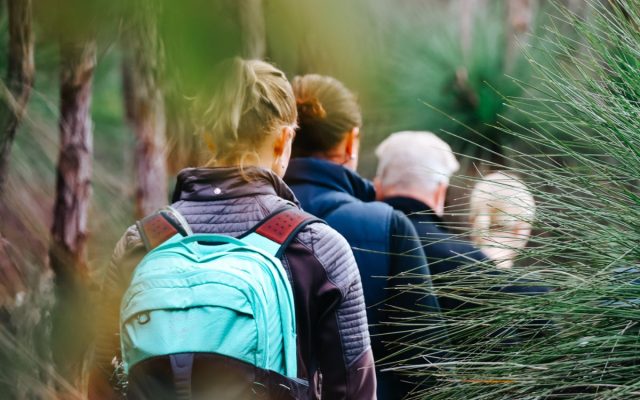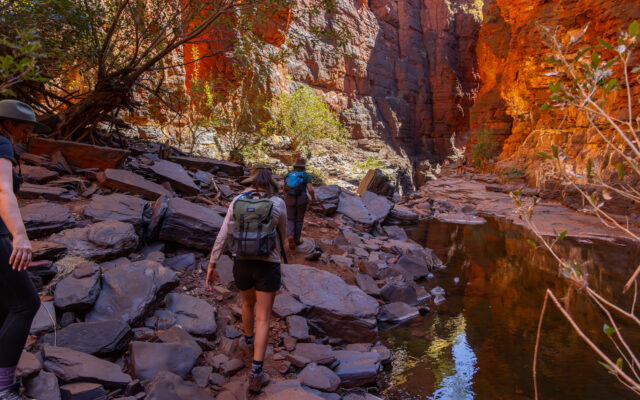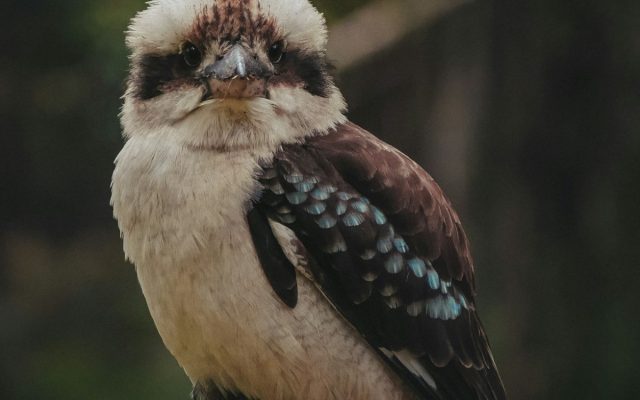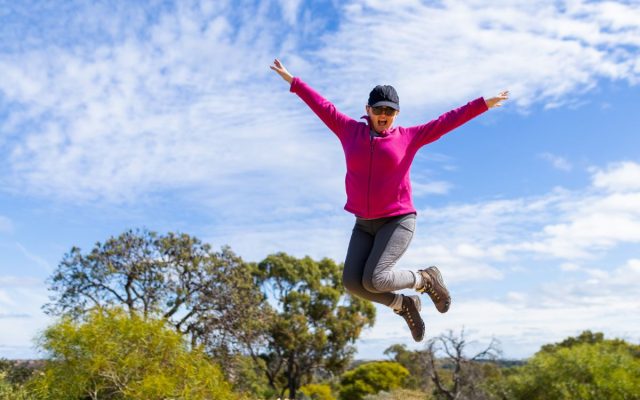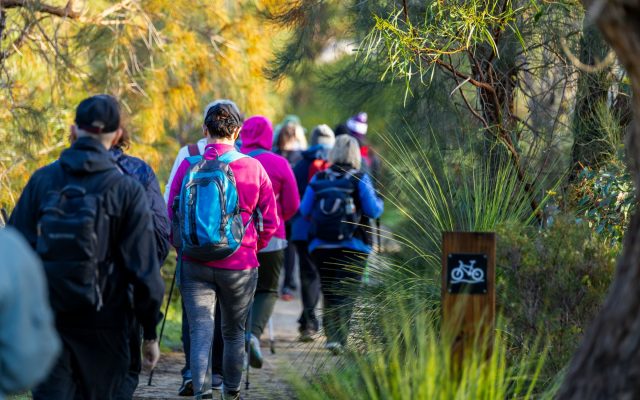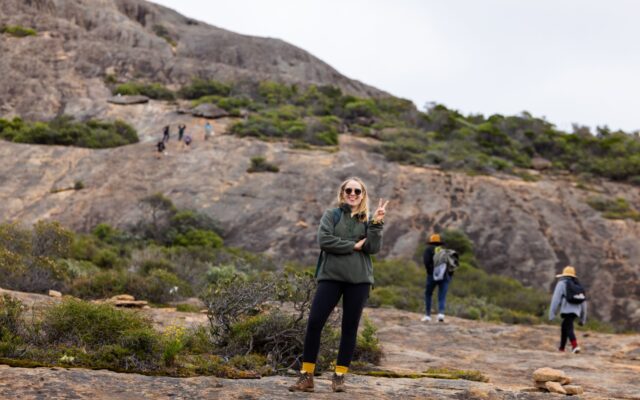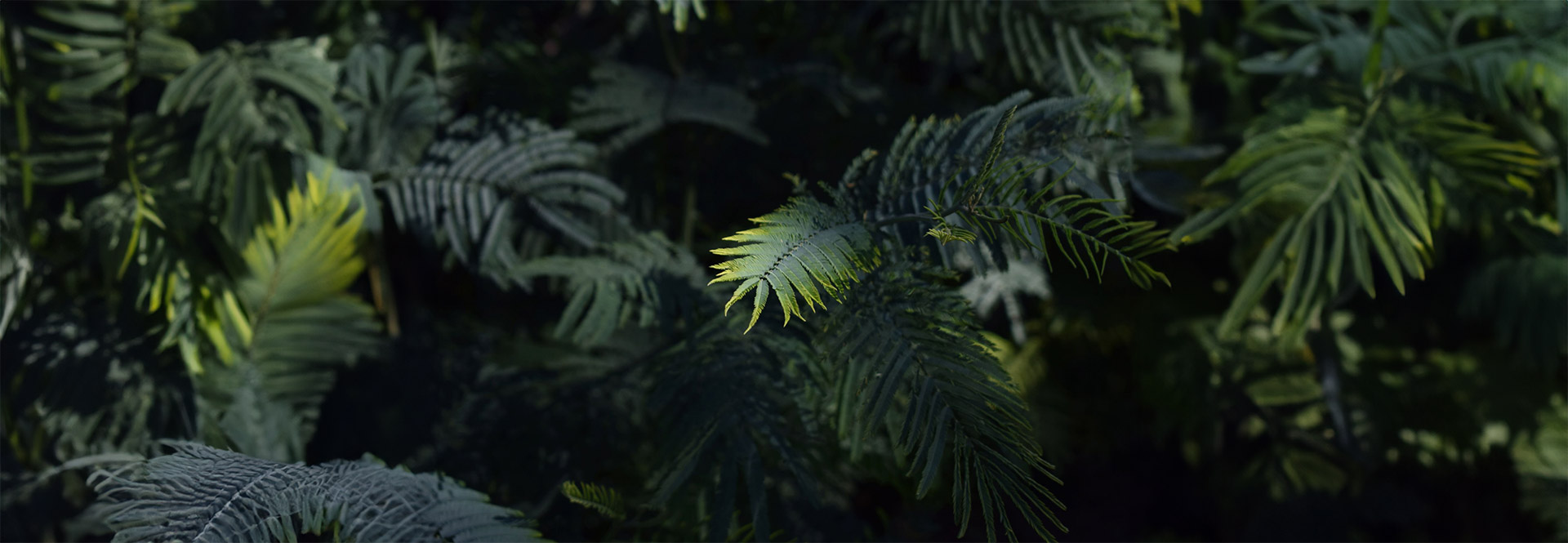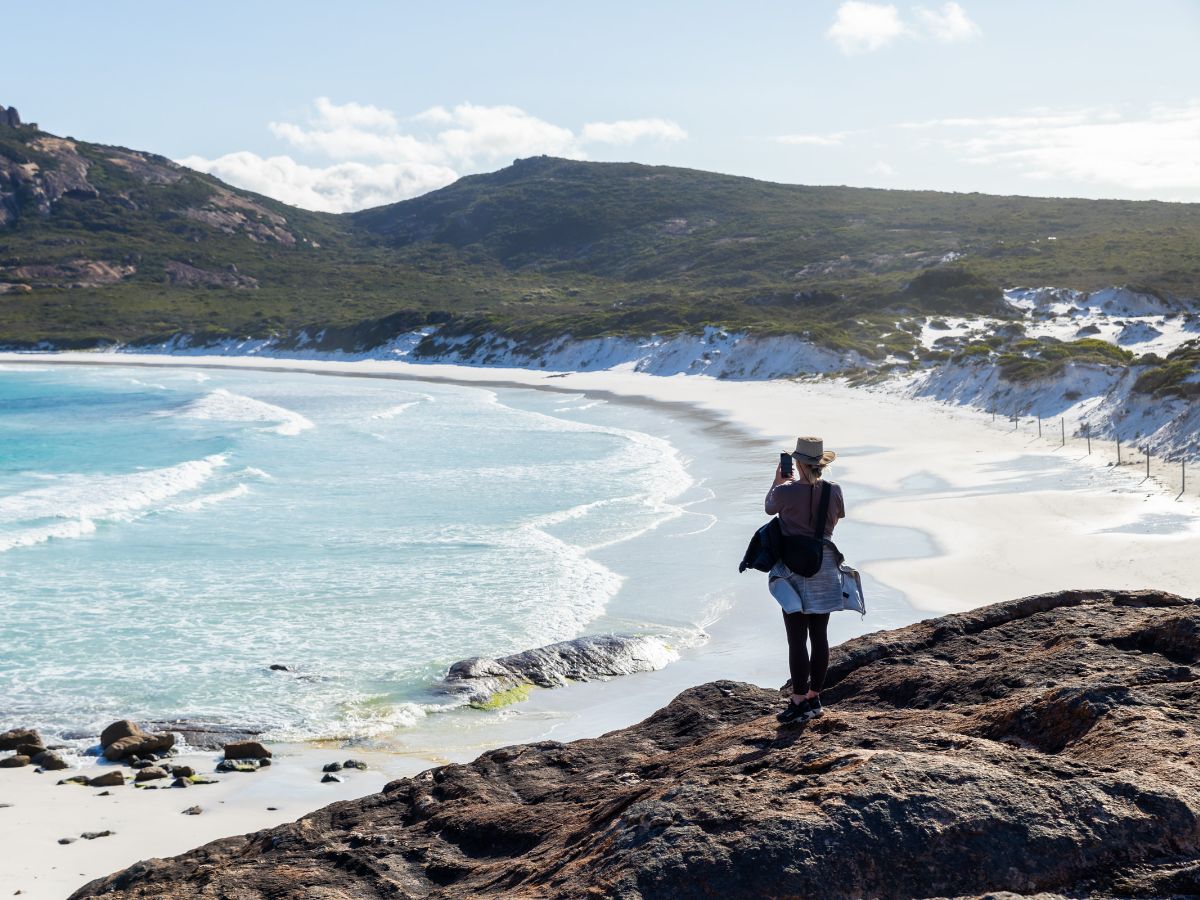6th October 2025
Your Brain on Nature: Why Time Outdoors Is More Than Just “Nice”
The growing science behind what wild spaces do for your mental clarity, stress levels, and sense of self.
You feel better after a walk in nature. Everyone says that.
But what if that “good feeling” isn’t just a mood boost?
What if it’s something deeper?
What if the trees, the birdsong, the stillness between steps… actually change your brain?
We’ve been told for decades that nature is a luxury. A reward. A wellness extra.
But new science, and ancient intuition, tell a different story:
Nature is not a luxury. It’s a necessity.
For your brain. Your nervous system. Your sense of aliveness.
And in a world that’s faster, noisier, and more disconnected than ever, that necessity has never been more urgent.
The science is clear and catching up to what we’ve always known.
A recent article from Oprah Daily explored this rising wave of research, drawing on the work of leading cognitive scientists and neuropsychologists like Dr. David Strayer (University of Utah) and Dr. Marc Berman (University of Chicago).
Their studies show that nature doesn’t just “make us feel good.” It makes us function better.
Here’s what happens in the brain:
- 20 minutes outdoors significantly reduces cortisol – your body’s primary stress hormone.
- 60 minutes of walking in nature improves memory, attention span, and executive function.
- Even looking at images of nature can light up areas of the brain linked to empathy, introspection, and emotional regulation.
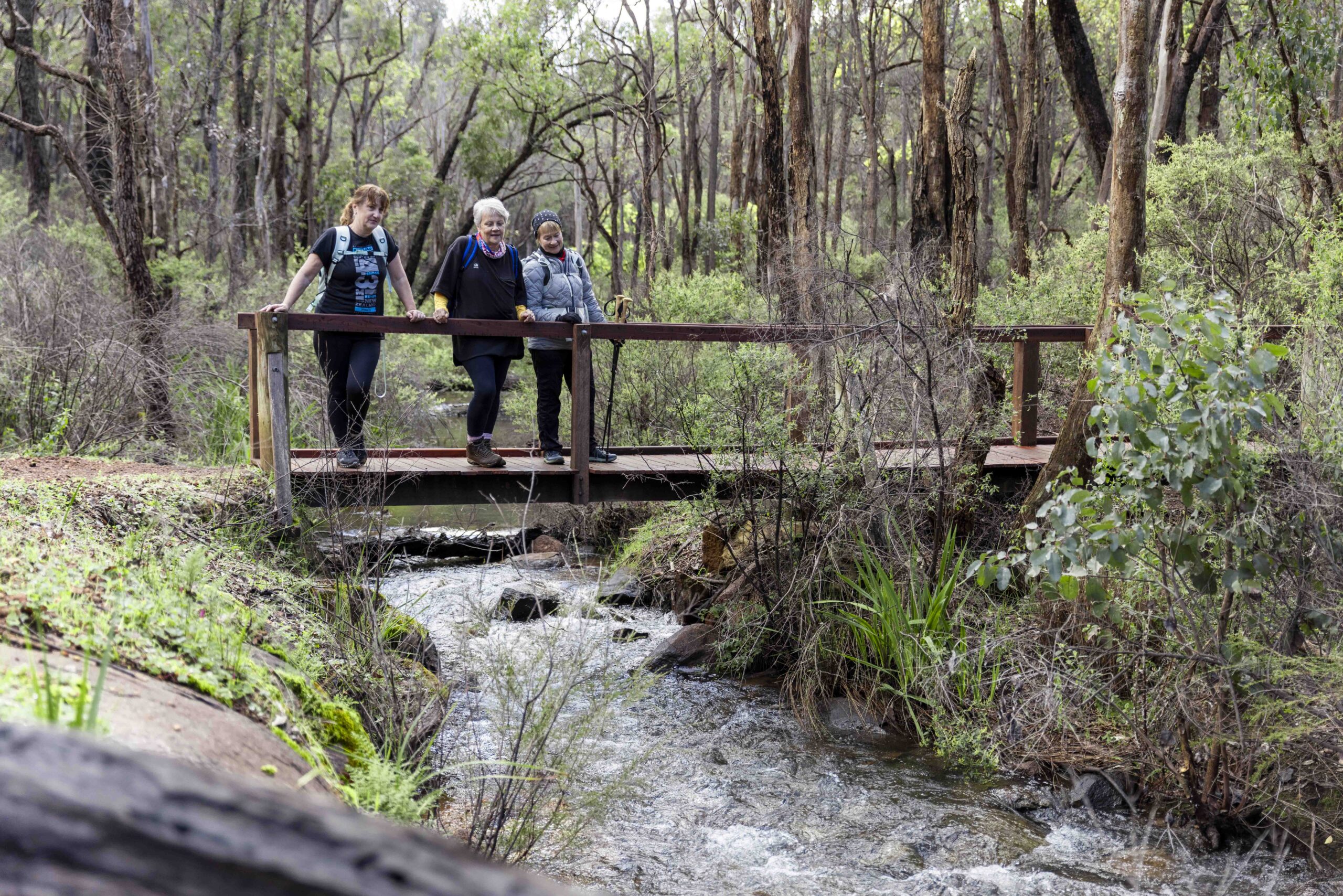
But why does nature help us so much?
Let’s break it down. Below are three key reasons wild spaces have such a profound neurological impact — and why we build these principles into every guided hike we lead at The Hike Collective.
1. Nature lowers cognitive fatigue
Our daily lives demand constant focus. Emails, texts, meetings, notifications, traffic, decisions.
This kind of mental strain is what psychologists call directed attention fatigue, and it’s one of the biggest contributors to stress, burnout, and decision overwhelm.
Here’s the problem: most of our environments don’t allow the brain to rest.
Scrolling Instagram or watching Netflix may feel like downtime, but they’re still stimulating the brain, not relaxing it.
Nature, on the other hand, provides what scientists call “soft fascination.”
It gently holds your attention without demanding it.
Think:
- The way light moves through eucalyptus leaves
- The rhythm of your boots on gravel
- A kookaburra calling in the distance
These gentle, ambient stimuli give the prefrontal cortex a break, allowing the brain to move into a more relaxed, restorative mode.
In fact, in one famous study, participants who spent time in natural environments scored 20% higher on tests measuring cognitive performance and short-term memory than those who spent the same time walking in an urban environment.
2. Nature boosts memory, focus, and emotional clarity
When your nervous system is constantly in overdrive, your brain gets flooded with stress hormones. This affects everything from your memory to your emotional regulation and impulse control.
But even a short walk in nature has been shown to help recalibrate those systems.
According to research published in Psychological Science, walking in green spaces improves:
- Working memory
- Creative problem-solving
- Attention span
- Mental flexibility
It’s why people often come back from a hike saying things like:
“I finally got clarity on that decision.”
“I feel like I can breathe again.”
These aren’t coincidences. They’re neurological resets.
3. Nature reawakens empathy, connection, and meaning
This one is harder to measure, but maybe even more important.
Inside your brain is a network called the Default Mode Network – the region activated when you’re not focused on external tasks. It’s linked to self-reflection, compassion, perspective-taking, and emotional processing.
Nature has been shown to activate this network more powerfully than any other environment.
In plain terms?
When you’re in wild spaces, you remember who you are.
You get out of your to-do list and back into your sense of self.
This is why so many people report feeling more connected, peaceful, and open after time in nature, not just to the landscape, but to each other.
It’s also why nature has been increasingly prescribed as part of mental health support in countries like Japan, Norway, and the UK, where “green prescriptions” are now a recognised tool for anxiety, depression, PTSD, and more.
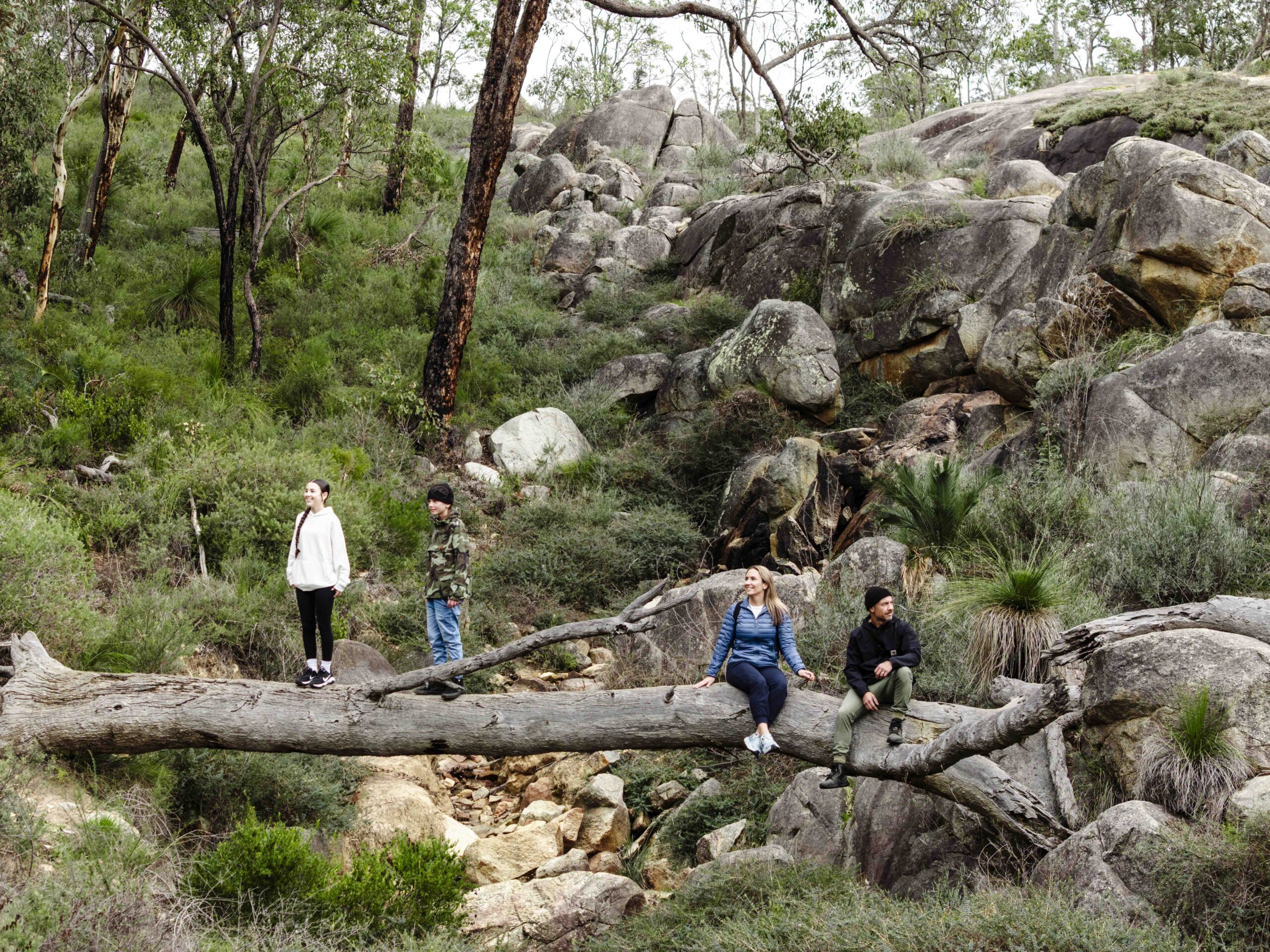
You’re not broken. You might just be under-natured.
Let’s reframe the story.
You don’t need to fix yourself.
You don’t need more supplements, more books, or more to-do lists.
You might just need to return to the wild – consistently, intentionally, and gently.
Here’s what that can look like:
- A weekly guided hike (with zero logistics to worry about)
- A solo walk with your phone on airplane mode
- A 10-minute pause to watch the sunrise
- Sitting under a tree and simply listening
These moments aren’t trivial.
They are pattern disruptors. Neural resetters. Pathways to clarity.
At The Hike Collective, we make it easy to return to nature – and yourself.
Over the past 9 years, we’ve guided thousands of Western Australians through some of the state’s most stunning trails, not just for fitness or scenery, but for connection.
Our Method blends:
- Nervous system regulation through movement
- Presence-based rituals
- Playful, soul-deep reflection prompts
- Guided belonging in a safe group container
Because we don’t just lead hikes.
We create interruptions with purpose – moments of presence designed to help you remember who you are when the noise falls away.
Try this today: A 5-minute Wild Reset
If you’re feeling foggy or flat right now, try this:
- Step outside. Leave your phone.
- Walk slowly until you find something in nature that catches your eye – a gum tree, a bird, the shape of a rock.
- Focus on it. Let your breath slow. Soften your shoulders.
- Stay with it for 3–5 minutes, gently observing without fixing or naming anything.
- Notice how you feel. That’s your nervous system settling.
It’s simple. But it’s powerful.
And it’s available, right now.
The science is in – but the soul already knew.
For centuries, humans have turned to the wild when we needed to reset, reflect, or heal.
Now, science is finally catching up.
But you don’t need a degree to know the truth:
Nature doesn’t just feel good. It brings you back to yourself.
Ready to feel it for yourself?
Join one of our upcoming guided hikes near Perth → Book now
About the Author: Kate Gibson
Kate is the founder of The Hike Collective and a thought leader in the Australian nature wellness space. With a background in behaviour change and group facilitation, Kate is passionate about helping people interrupt the noise of modern life and reconnect with themselves through mindful movement in wild spaces.

